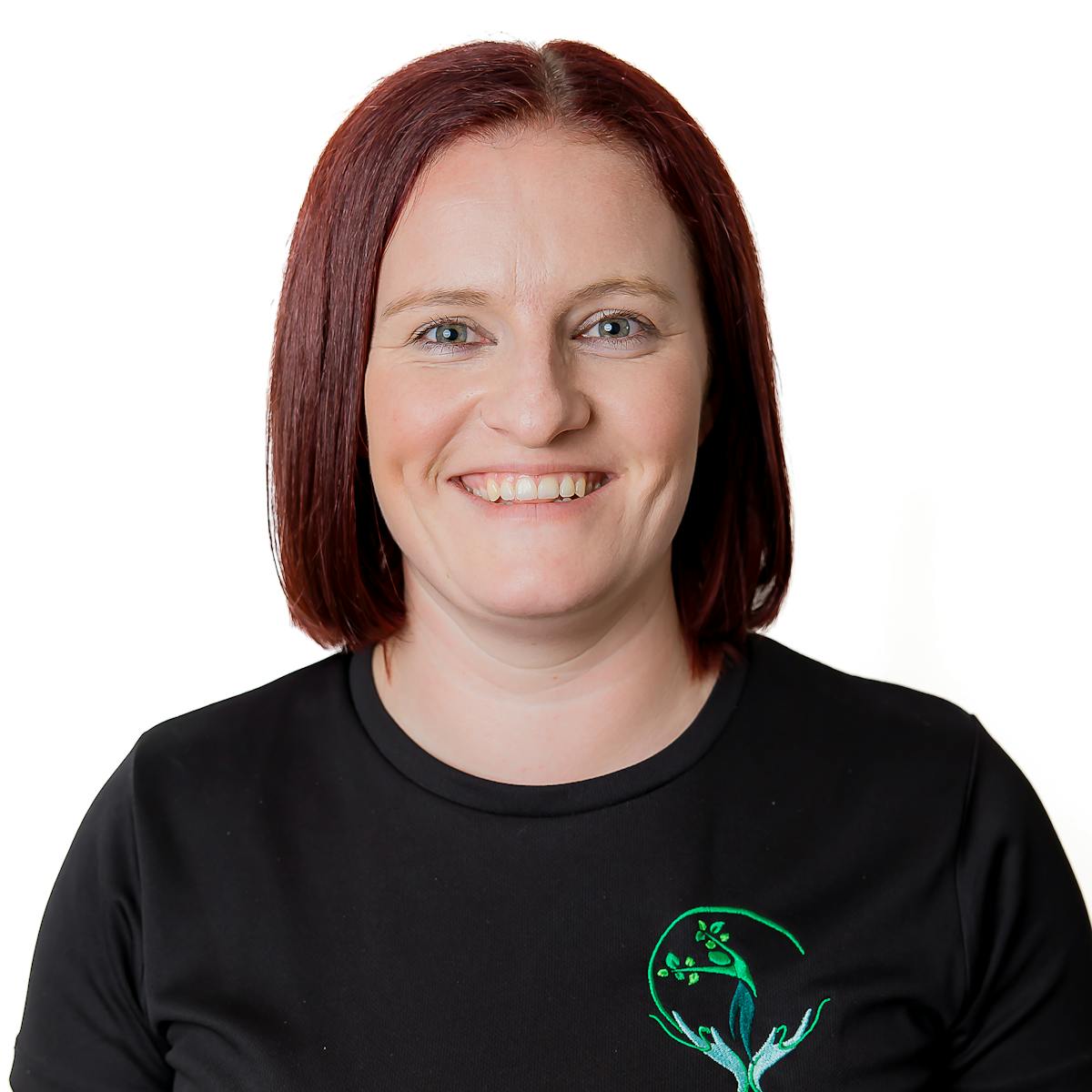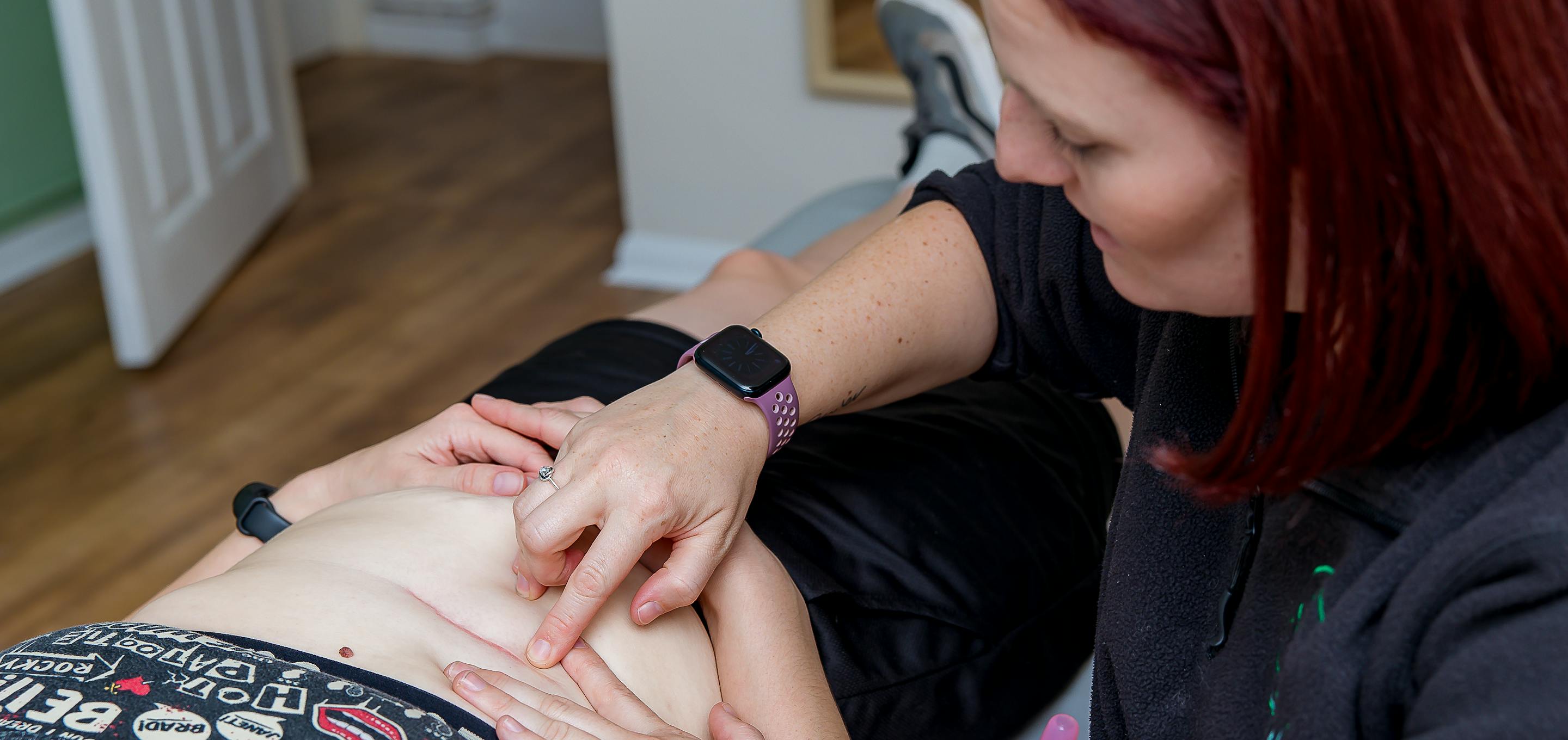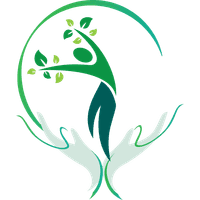Pregnancy is such an amazing experience, isn't it? Not only does it bring a new little person into your life, but it also transforms your body in some pretty incredible ways. While the end goal—a beautiful new baby—is the ultimate reward, the journey itself is full of remarkable changes. Let’s dive straight into what happens to your body during the different stages of pregnancy.
Hormonal Shifts
From the moment you conceive, your body ramps up its production of hormones like estrogen and progesterone. These hormones are essential for maintaining your pregnancy and supporting your baby’s development. But they’re also responsible for many of the physical and emotional changes you’ll experience.
Estrogen increases blood flow to your uterus and helps your baby’s organs grow, while also ensuring your baby gets the nutrients they need. Progesterone, on the other hand, relaxes your uterine muscles to prevent early contractions and loosens your ligaments and joints to prepare for delivery.
These hormonal changes can also turn you into an emotional rollercoaster. One minute you're laughing at a cat video, and the next you’re crying because you ran out of pickles. As your due date gets closer, you might find yourself with a burst of energy and a strong urge to clean and organise everything in sight—this is known as the nesting instinct. And let’s not forget the sensory changes! You might suddenly become a bloodhound, able to smell a cookie baking three blocks away.
First Trimester (Weeks 1-12)
The first trimester can be tough as your body adjusts to pregnancy. Morning sickness, which includes nausea and vomiting, can make you wonder why they call it "morning" sickness when it strikes at all hours. You might feel extra tired as your body works overtime to support your developing baby, leaving you with the energy levels of a hibernating bear. Your breasts may become tender and swollen, making you feel like you're lugging around two extra bowling balls.
Second Trimester (Weeks 13-26)
Many find the second trimester the most comfortable. Your bump becomes more noticeable as your uterus expands, and you might experience that famous "pregnancy glow" due to increased blood circulation. Friends and strangers alike might comment on how radiant you look, or you might just feel like a walking furnace. Skin changes, like stretch marks and pigmentation, can also occur, turning your belly into a roadmap of your journey. Around week 20, you might start feeling your baby move—this is called quickening, and it can feel like butterflies, gas bubbles, or tiny ninja kicks.
Third Trimester (Weeks 27-40)
The final trimester brings its own challenges as your body prepares for labour and delivery. Your growing baby and expanding uterus can put pressure on your back, leading to discomfort and back pain. Walking might start to resemble a waddle, and tying your shoes could become a full-blown workout. Increased blood and fluid volume might cause swelling, especially in your feet and ankles, making you feel like you’ve been replaced by the Stay Puft Marshmallow Woman.
Postpartum Changes
Even after childbirth, your body continues to change. The postpartum period, often called the fourth trimester, involves your body recovering from pregnancy and delivery. Hormone levels gradually return to normal, which can impact your mood and energy levels. If you choose to breastfeed, your body will continue to change as it produces and regulates milk supply. Physical recovery from childbirth, whether vaginal or Cesarean, takes time and care, so make sure to attend your six-week check-up and reach out to your healthcare provider if you have any concerns.
Remember
Pregnancy is a complex and dynamic journey, full of physical and emotional changes. Understanding these changes can help you prepare and appreciate your body’s incredible adaptability. Each stage comes with its own challenges and rewards, ultimately leading to the arrival of a new life. Embrace the journey, seek support when needed, and celebrate your body’s amazing ability to nurture and bring forth new life.







